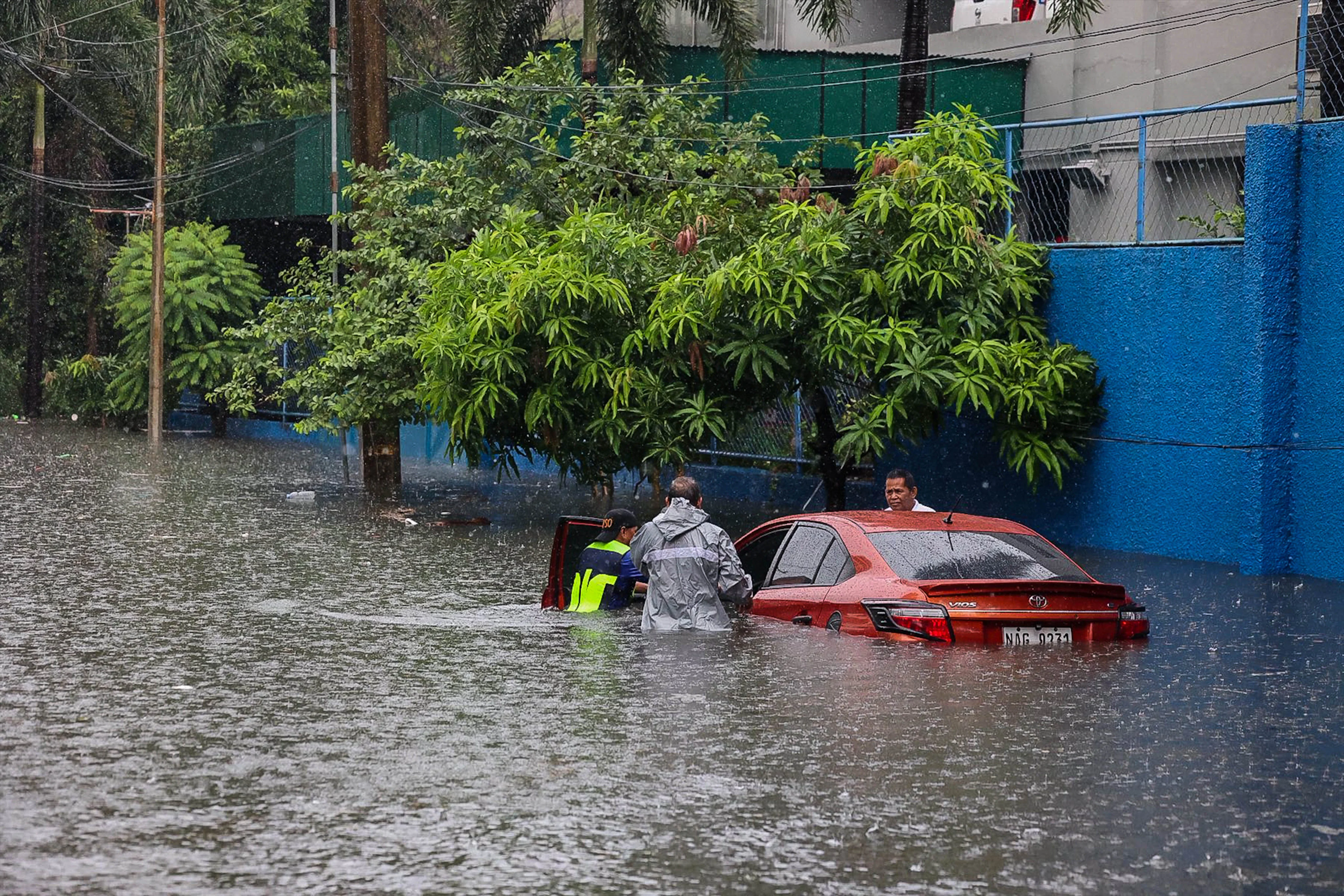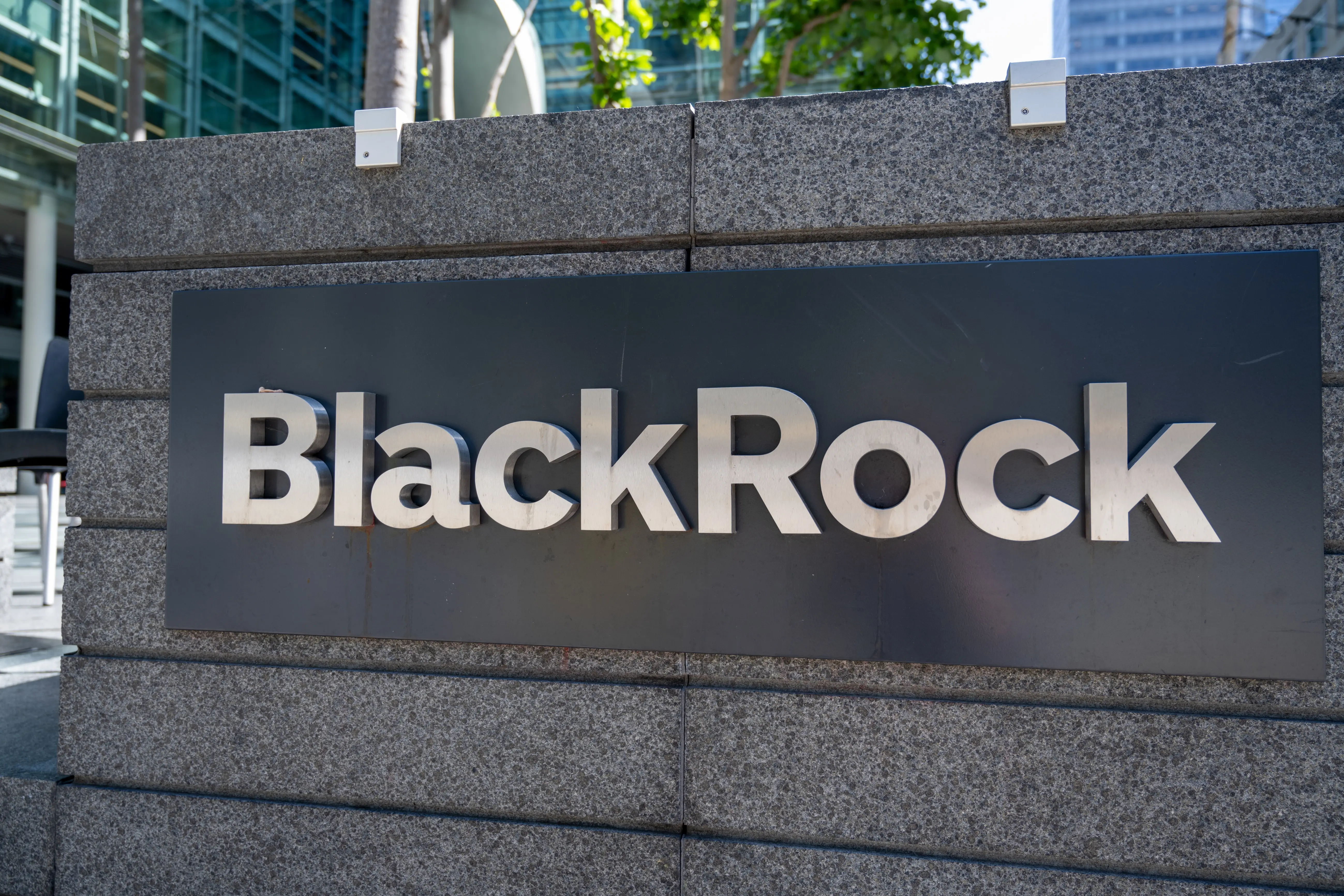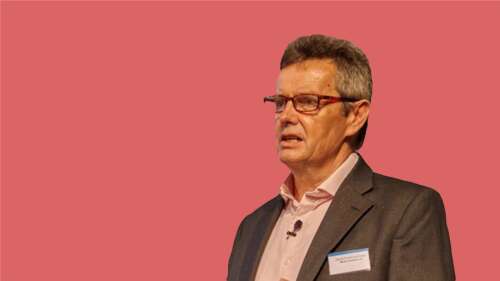By Sam Beltran
Copyright scmp

South Korean President Lee Jae-myung has ordered the suspension of a proposed 700 billion won (US$503 million) infrastructure loan for a bridge-building project in the Philippines due to corruption concerns, even though Manila insists no such agreement was ever signed.
Seoul’s decision has raised questions about investor confidence in the Philippines, where a sprawling corruption scandal over flood control projects has already shaken public trust.
The optics of a key partner pulling back over corruption fears despite Manila’s denial could prompt greater scrutiny of project financial management in the Philippines from other foreign donors and investors, according to analysts.
Lee said in a social media post on Tuesday that he had immediately “ordered to halt all procedures” related to the investment as the project was “deemed flawed and prone to corruption”.
“Most fortunately, the project has not yet commenced, meaning no funds – including support from the Economic Development Cooperation Fund – have been disbursed,” Lee added, referring to the agency tasked by Seoul to enhance economic cooperation between South Korea and developing countries.
His post cited a report by South Korean newspaper The Hankyoreh explaining the investment was supposed to be allocated to a “modular bridge project” under the Philippines’ Department of Agrarian Reform, which would have financed the building of 350 modular bridges across the country.
“This decision holds significant meaning, as it prevented the unnecessary waste of a staggering 700 billion won in taxpayer money and preemptively blocked risks that could have led to mismanagement and corruption,” Lee added.
The South Korean president described the press as the “watchdog of power and the salt that preserves society”, adding that it played a “pivotal role in achieving a fair world”.
“We express our deep gratitude for the courage and efforts of the press in widely disseminating the truth through this investigative reporting and safeguarding the public’s right to know,” he added.
According to the newspaper report, Seoul’s Ministry of Strategy and Finance has decided not to support the project in the Philippines due to potential corruption and mismanagement.
Lee’s comments come as the Philippines is embroiled in investigations into anomalous flood control projects involving a network of public works officials, contractors and lawmakers.
After several areas in Metro Manila and nearby provinces were submerged in deep floods from non-stop rainfall in July, President Ferdinand Marcos Jnr ordered an investigation into these projects. Subsequent findings revealed the existence of incomplete or substandard projects, including phantom projects for nonexistent infrastructure, despite a total budget of 545 billion pesos (US$9.5 billion) disbursed for flood control since 2022.
About 100 billion pesos worth of planned projects were allocated to only 15 out of 2,409 registered contractors, with the remaining 436 billion pesos divided among 2,394 contractors, according to the investigation.
Meanwhile, the Philippines’ Department of Finance said in a statement that it “categorically clarifies that no such loan exists”, referring to Seoul’s claim of a supposed US$503 million official development assistance loan extended to Manila.
The department said the project to build bridges around the country was instead being proposed to France, of which negotiations “are now in an advanced stage, with the project’s technical and financial terms being finalised”.
“Nevertheless, we reaffirm to our bilateral partners that the Philippine government will match their trust and confidence with full transparency and accountability,” it added.
Meanwhile, Manila’s agrarian reform department clarified in an interview with The Philippine Star on Wednesday that it had only engaged in exploratory talks with South Korea, and there was no loan agreement to fund the bridge project.
“There is no such loan… we did not approach them. There was no loan agreement in the first place,” Agrarian Reform Secretary Conrado Estrella III was quoted as saying.
Talks also did not materialise between both sides due to disagreement over the project scope and technical details, he added.
Domino effect among investors?
Still, analysts have warned that such issues may dent investor confidence at a time when the Philippines is seeking more investments from its trade partners.
During President Ferdinand Marcos Jnr’s visit to Washington DC in July, he managed to secure over US$21 billion in investment pledges and a total of US$78 million development-related funding under the Luzon Economic Corridor, a proposed infrastructure initiative to connect four cities on the Luzon island, three ports and two international airports.
First announced at a summit in Washington in April last year attended by the leaders of the US, the Philippines and Japan, the Luzon Economic Corridor is expected to pump an estimated US$100 billion into the Philippine economy.
In April, the Philippines sent a delegation to Seoul in a bid to attract more high-level investments from South Korea, which is currently the Philippines’ fourth largest trading partner.
Despite Manila’s denial over the purported loan, “the optics of a major partner citing corruption as a reason for withdrawal can dent investor confidence,” Carlo Asuncion, chief economist of the UnionBank of the Philippines, told This Week in Asia.
“Large-scale scandals tend to reinforce negative perceptions about governance and project integrity, which can make other bilateral and multilateral partners more cautious. Historically, corruption-related controversies have been cited by business groups and foreign chambers as key barriers to investment,” Asuncion said.
While Lee’s statement was unlikely to lead to a “domino effect” in denting confidence among other foreign investors in the short term, “this incident adds to reputational risk and could lead to stricter due diligence or delayed commitments from other investors”, he added.
Corruption in the Philippines has long been one of the biggest hurdles hindering its competitiveness alongside infrastructure and regulatory bottlenecks, according to Asuncion, citing the decline of foreign investments to the Philippines by 23.8 per cent in the first half of 2025 compared with the same period last year.
“While multiple factors drive foreign direct investment trends, governance issues amplify risk premiums and can delay project approvals… In short, corruption doesn’t always stop investments outright, but it raises costs, prolongs negotiations and often diverts capital to less risky markets,” he added.
Chester Cabalza, founder and president of the International Development Security Cooperation think tank in Manila, said corruption was not endemic to the Philippines alone, as seen in the wave of anti-corruption protests in Indonesia, Nepal and Sri Lanka.
Despite the widespread outrage over the tainted flood-control projects, Cabalza stressed foreign investments in various sectors overseen by other government agencies had not been affected by corruption.
“For instance, there is a stringent procurement law adhered to in defence acquisition. In other government institutions, the strictness of disbursements may not be as transparent as with other agencies … But not all government agencies are of the same feather,” he told This Week in Asia.
Dindo Manhit, president of the Manila-based think tank Stratbase ADR Institute, agreed, saying that while foreign investors were aware of potential corruption in the Philippines, it had not significantly rattled their confidence in the country’s long-term outlook.
“While the ongoing investigations into the flood control projects have raised internal concerns, it is important to emphasise that the Philippines continues to be recognised by its international partners as a resilient and attractive investment destination,” Manhit told This Week in Asia.
At the inaugural Manila Strategy Forum by the Washington DC-based think tank Centre for Strategic and International Studies held in the Philippine capital on Tuesday, Manhit highlighted the progress made in the country’s development of critical infrastructure and the Luzon Economic Corridor.
Manhit said the Philippine government had been boosting safeguards against corruption, streamlining business processes and ensuring legislative compliance.
The current investigations into the flood control anomalies “represent the government’s determination to establish a more transparent and accountable system, which could encourage more investors to come into the country”, he said.
“It’s now up to the Philippine government to deliver its promises of improving public trust.”



